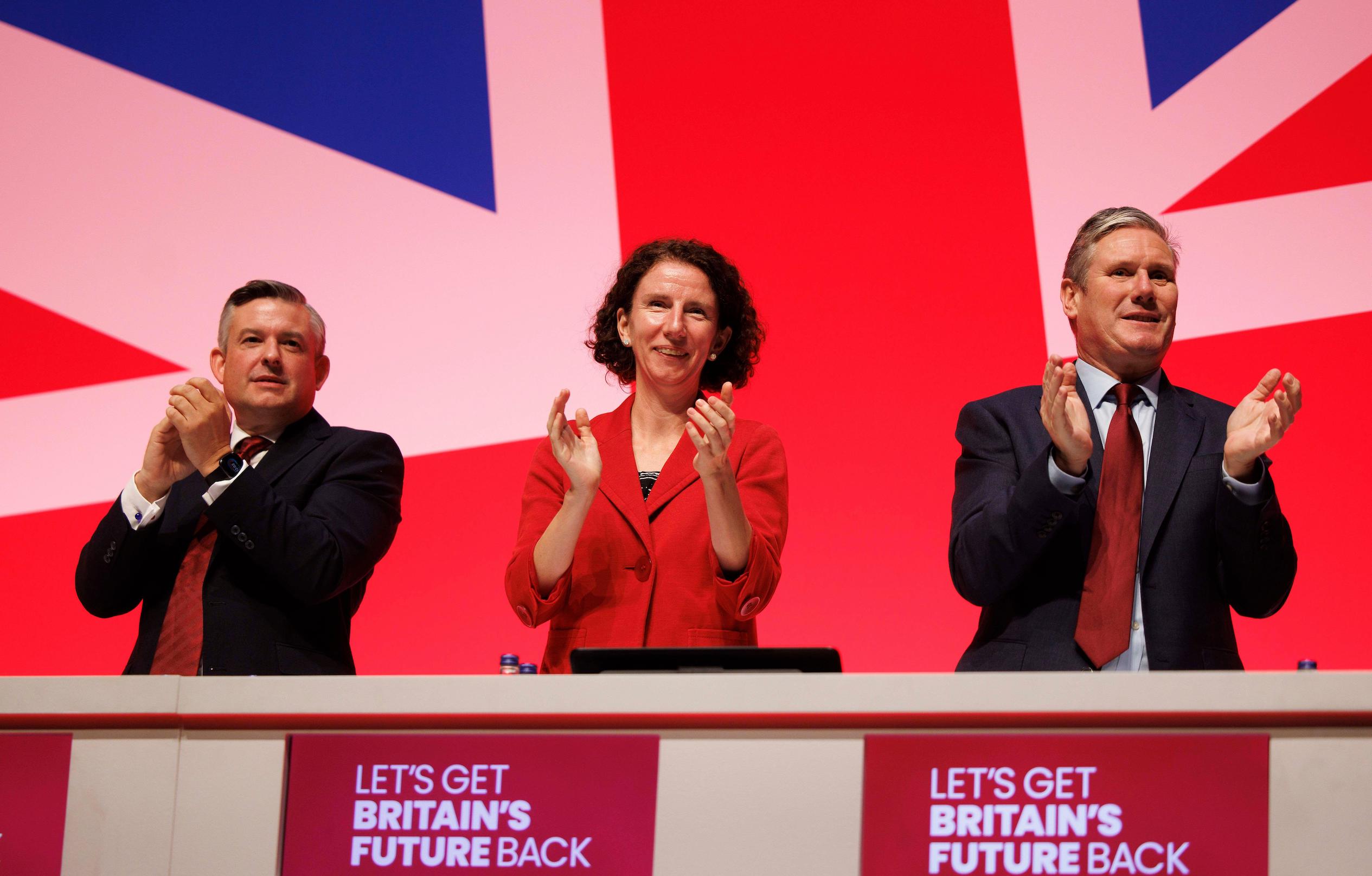The UK birth rate is falling, while the number of those requiring fertility treatment to conceive is rising. As it stands, there are no employment rights for those undertaking fertility treatment and no paid time off work.
The Prime Minister is right; It is more important than ever employers should offer their staff understanding, support, and flexibility while they are undergoing fertility treatment.
Yet sadly, too few employers do. Most workplace protection policies exclude “elective” medical processes, placing fertility treatment in the same category as cosmetic surgery. For too many people, their ability to have children is down to having an understanding boss.
It’s 2024, not 1924, yet fertility treatment is still taboo in the workplace. Employees are having to deal with multiple cycles, side effects, and complications in silence. I’ve even heard of women injecting themselves in the toilets at work, afraid of the repercussions if their bosses find out.
Royal Mail rows back on knife ban

New deer management orders could contravene human rights according to Scotland’s largest shooting organisation
That’s why I set up the Fertility Workplace Pledge a set of simple and voluntary commitments for employers to sign up to. It’s designed to benefit millions of individuals and couples going through fertility treatment. I championed the Pledge this month with the Prime Minister at PMQs and I was delighted to receive his support.
The Fertility Workplace Pledge is already backed by 50 companies, including Nationwide, Centrica, Unilever, Co-op, AutoTrader, Metro Bank, NatWest, Aldi, Cadent Gas, and the House of Commons. All are making a positive difference to their employees, and I encourage everyone reading to encourage their employer, or if you are an employer yourself, to sign up.
I’m also proud to lead the Workplace Fertility Campaign Group. Made up of incredible fertility organisations and representatives from Fertility Matters at Work, Fertility Network UK, My Surrogacy Journey, LGBT Mummies, Manchester Metropolitan University, The IVF Network, Burgess Mee, Gateley Legal, and Infertility in the City, we’re working together to build the case for change.
Working with the Fertility Workplace Campaign Group, I’ve brought forward legislation through a Private Members’ Bill to give statutory time off work for fertility appointments.
Thousands of people agree with its aims. In a new report, ‘The Impact of Fertility Challenges in the Workplace’, 96.6% agreed that employees should have a right to paid time off for fertility treatment appointments, just like they do for antenatal appointments.
Societal views towards fertility are also changing. Our report showed 93% agreed that fertility treatment is a legitimate medical need rather than a lifestyle choice; 95% agreed that all individuals needing fertility treatment should have equal access; 95% agreed that taking time off work to attend fertility treatment appointments should be treated more favourably than time off for cosmetic surgery-related appointments; 96% agreed that LGBT+ people should be supported to start a family, should they want to; and 99.3% agreed that employees should be protected from unfair treatment on the grounds of needing fertility treatment.
We have a real opportunity to stand out and inspire countries across the world. With the Prime Minister’s support at PMQs, I will continue to speak out for the Fertility Workplace Pledge and champion how much of a difference policies which incentivise access to fertility treatment can make.
If you’re an employee, speak to your employer, or if you own or manage a business, sign up for the Fertility Workplace Pledge at nickie.news/FWP.
Politics.co.uk is the UK’s leading digital-only political website, providing comprehensive coverage of UK politics. Subscribe to our daily newsletter here.




















Discussion about this post